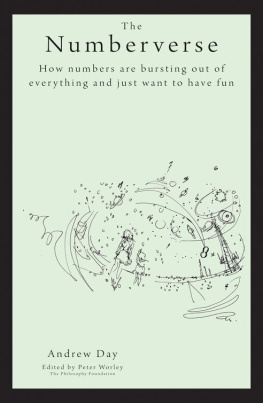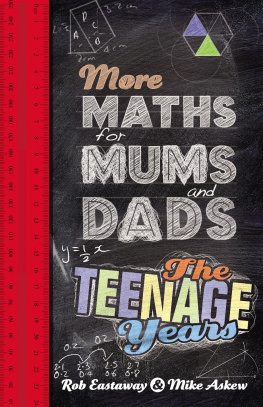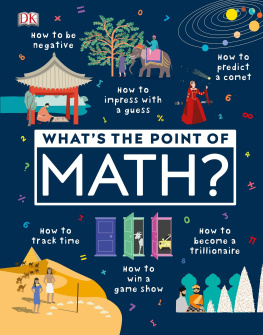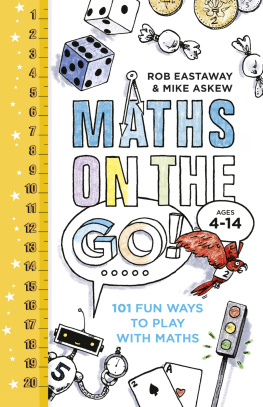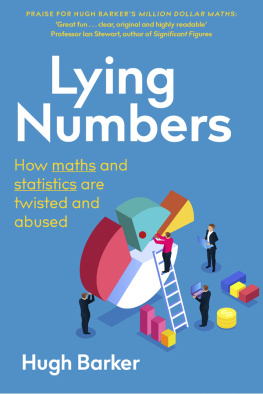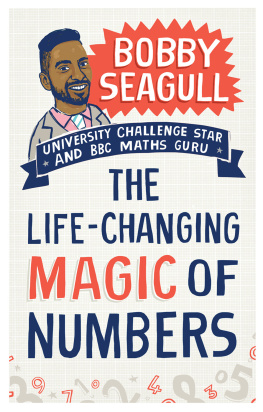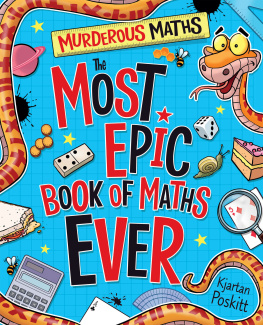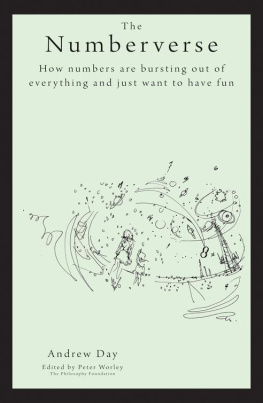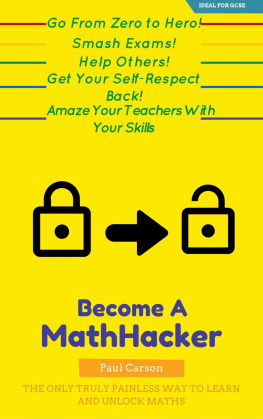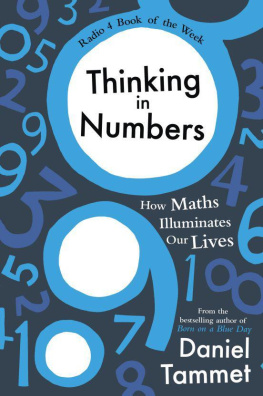For Mick Day, who taught me almost all of this without me noticing.
We are surrounded by numbers; numbers to persuade us, numbers to scare us, numbers to categorise us.
Political parties try to lure us into their way of thinking with big numbers that are meant to sum up wealth or sickness. Soap and yoghurt advertisements try to attract us with numbers that aim to persuade us our guts would be happier or our faces more beautiful if we purchase them.
We are numbers. We exist, knowingly or unknowingly from our bank account to our national insurance number as numbers in files, documents and programmes. I have no idea how many different numbers I am. Do you know how many you are? I am 45, I live at 81, my shoes are size 9 and I am often on the 1046.
Despite their omnipresence, numbers can still jar our mind and befuddle our judgement. They can make reality seem unreal.
Numbers are a language we use to explain the world a language that confounds many of us, too. With the enormous enlightening and obfuscating fog of the mass media, the flood of information now available to us, it is a language we must be willing to interrogate if we are to understand ourselves and the world we live in.
Andrew Day offers the first steps to opening the minds of children to the excitement of numbers and why, through centuries of civilisation and human imagination, they have helped us to frame and shape our world.
These are the numbers that help us to understand why the universe is as it seems to be.
These are the numbers that are pored over by physicists watching bundles of particles colliding at speeds near that of light.
These are the numbers that tell us what page to turn to.
When I think of numbers I think of Douglas Adams and 42, the Answer to Life, the Universe and Everything.
I think of 150, Dunbars number, the number of people you can maintain a stable social relationship with before your social brain starts to struggle.
I think of 12, the number of angry men in one of my favourite childhood films.
And I think of 23, the numbers of pairs of chromosomes that make us what we are, a quizzical creature that thrives on its own curiosity.
The delight of being a parent is that it gives you an alibi to interrogate the world in the guise of helping your child to learn. This act of educational altruism offers not merely the joyful reward of seeing a child comprehending the world, but also revivifying the adults intrigue in it all too.
This book reminds us that it is not enough to teach the basics of mathematics . We also need to ask why maths exists and what a world without it might be like. I believe that by understanding why something exists or was created, we are further drawn into a subject. It is not just a case of knowing your times tables but understanding the needs that led to their creation.
The more we understand why, the more we are drawn into the adventure of learning.
How This Book Was Born
I didnt mean to get interested in maths. I wasnt even supposed to be doing it. What I normally do is visit schools and run philosophy sessions for an hour at a time. Doing philosophy with children doesnt mean telling kids the names of old dead men and what their theories were. We get children to philosophise themselves: to give reasons and compare ideas. We call these lessons enquiries. In our class enquiries we touch on, among other things, science, morals, religion, language and sometimes numbers.
Then one day a school asked me to show their staff how to use the philosophical approach with all subjects in other words, to turn lessons into enquiries, putting the children themselves at the heart of the lesson, with their curiosity driving it. This was daunting because I was training people more qualified and experienced than me. But at least I had an idea. So, with the help of some colleagues and the teachers themselves, I began to make some progress. That is how I ended up trying to create maths lessons.
Teachers are sometimes surprised to be told that philosophy and mathematics are closely related. They expect there to be links between philosophy and religion, psychology and literature, and there are, but philosophy has been practised by mathematicians, and vice versa, from the very beginning. In fact, Pythagoras, one of the earliest mathematicians, and perhaps the easiest one to name, was also a philosopher in the sense we understand it now.
As a philosopher, I had a grasp of some of the fundamental questions of what mathematics is. Admittedly, having not studied maths to a very high level it was impossible for me to follow the expert answers to those questions. But, as I explained to some of the teachers I met, not being good at something is sometimes an ideal position from which to teach it, because you can empathise with the students, whereas if you find something easy, your hardest task can be to see why someone else would fail to understand.
When I sat down to start, my first thought was that you would need to make mathematics practical to show how the things being taught are useful in everyday life. But, as I read the curriculum documents, I found constant references to children acquiring a sense of number in the abstract. They were supposed to gain an understanding of how the whole number system fitted together and the patterns that run through it. Good luck with that, I thought. I was sure children wouldnt be interested unless you found a practical application.
How wrong I was. I dont think Ive ever been more wrong about anything.
As soon as I set youngsters puzzles using pure numbers they leapt into them. And whats more, they had questions. And theories. Sometimes they were well wide of the mark, but because I didnt mind, neither did they. Time after time, I saw children trying to make more sense of what they already knew, and to connect it up to new ideas. To them, the most elementary bits of mathematics were open to question and nothing was taken as read. I persevered with the practical aspect as well, because I thought it was important, but it often took more effort to engage the children that way.

